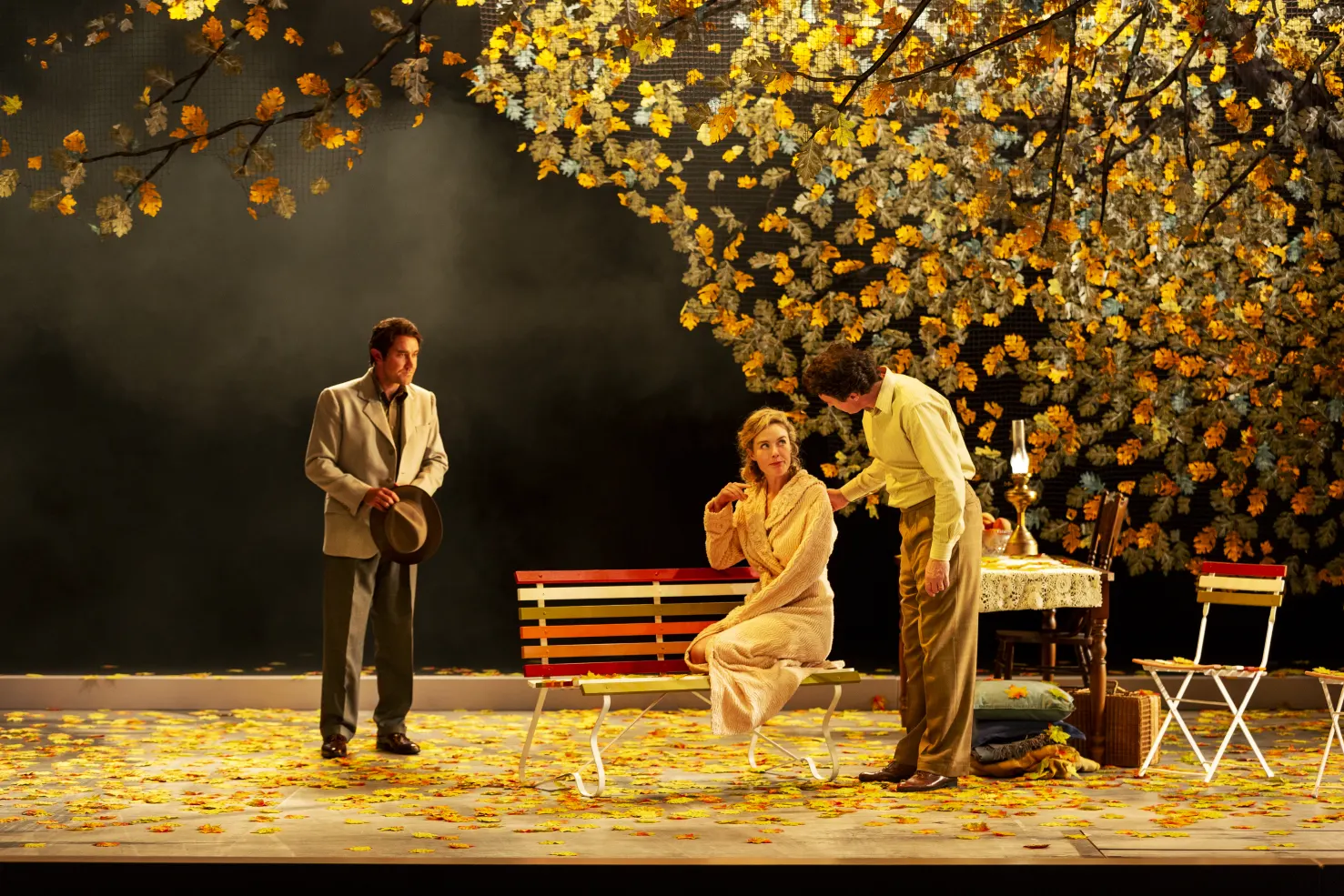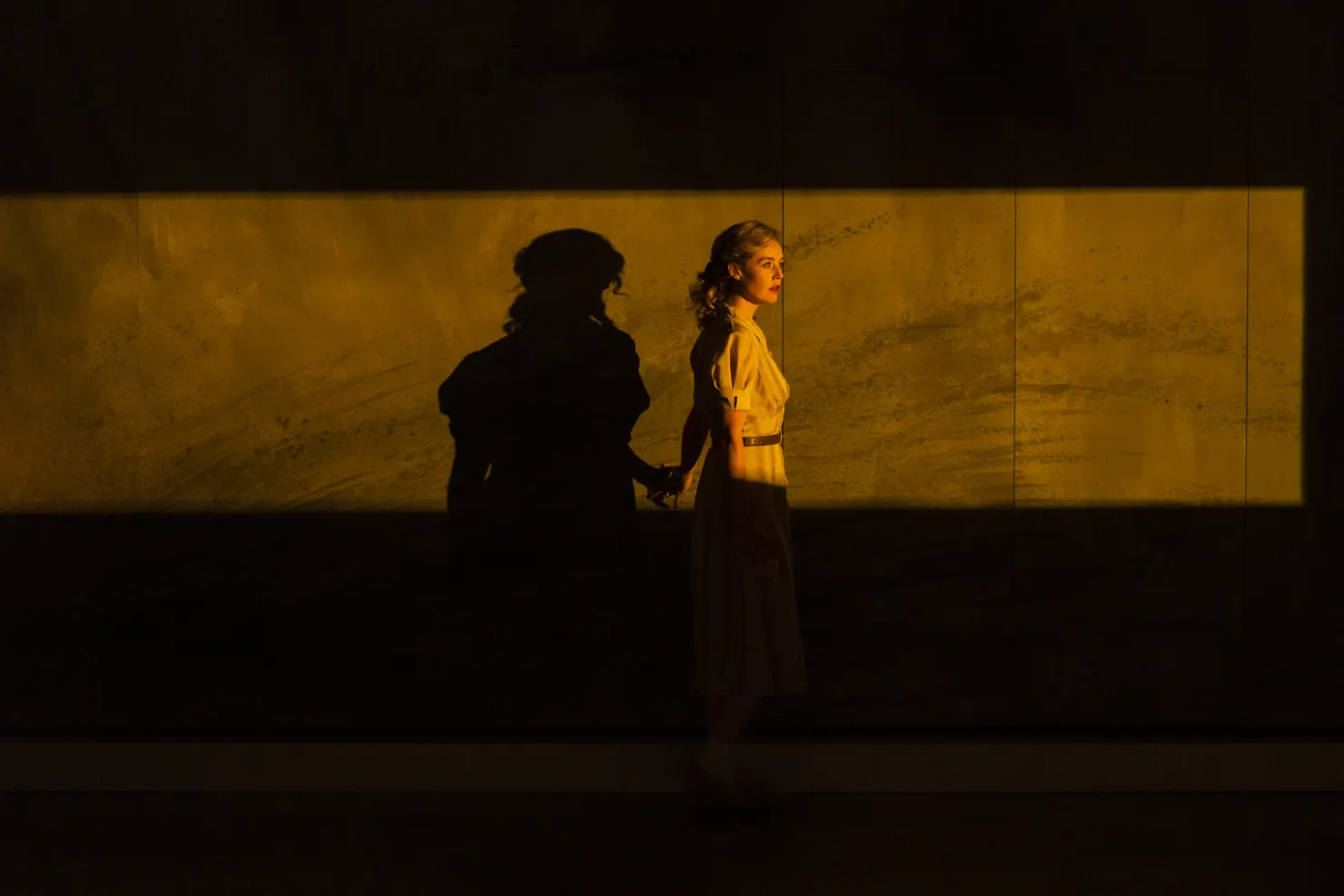Review: Sunday at The Melbourne Theatre Company
- Theatre Travels

- Jan 21, 2023
- 3 min read
Review by Thomas Gregory
When I first heard about this play, I wondered about the decision to produce something about Sunday Reed. A member of the Ballieu dynasty, Sunday’s golden life as a princess who opened her own artists’ commune didn’t sound as appealing as other MTC shows I had attended recently. Sunshine Super Girl, everyone could agree, was a play about someone worthy of writing about. Sunday? I wasn’t so sure.
The writer, Anthony Weigh, had similar concerns. In his notes from the programme, he wrote about working on the script in New York two years ago:
“Black lives, women’s lives, trans lives all felt to be on the line and on the brink. What use now a play about a patron of the arts and her famous lovers? Might these people not seem almost as quaint as the little museum itself?”
Weigh reconciled himself by suggesting that Sunday felt these very same things about herself, and, “For as much as this play was about Sunday Reed it was also about Melbourne. Glorious Melbourne in the middle 20th Century.”
Director Sarah Goodes expressed a similar sentiment. She writes, “it’s a story for you, for Melbourne. About the light, the art, friendship, ownership and love in all its stunning complexities.”
IF this is all true, if Sunday is a play about Melbourne, then perhaps Melbourne truly is the stereotype we are portrayed as elsewhere in the country - a provincial town wishing it was Paris, obsessed with Sydney, and pretentious to the point of melodrama.
For Sunday is melodramatic, up to the point that it sometimes enters the farcical. At times the heightened dialogue seems to suit the production; I first thought perhaps it was an attempt at commentary on Sunday’s desire to be something special and “alive”. However, all characters speak with this same affectation, only occasionally slipping in a “drongo” or “cunt” to remind you they are Australian and not high-society Brits.
The melodrama is also alive outside of the text, from the interstitial jazz music to the set design choices. While a dining table is brought on stage by an actor in one scene, the next features a claw-footed bathtub rising from the floor. While the setting of one room is created by a single gramophone and a table covered in art supplies, the next may be created by an entire small stage swivelling out from a wall. For most of the play, it seems important to inform us of the setting not only through the contextual clues of the script but via a giant LCD screen giving us the exact date and location.
Only the actors restrain themselves. A hand is more likely to be found in a pocket than flown across the stage, and no matter how ridiculous the line, it is given in earnest. It is the actors who I most want to praise in this show. Not for being contrary to the rest of the production but for offering something compelling enough to keep me expecting more from everything else.
Nikki Shiels continues to prove why she is the cream of Australian theatre, and her performance alone might very well be enough to leave many audience members happy with their night out. Josh McConville’s performance respects the romanticisation of Sidney Nolan that the script offers, and Matt Day’s performance draws out what little complexity can be found within John Reed. Ratidzo Mambo may be slightly wasted in the small role given to Joy in this story, while I fully expect to see Joshua Tighe on the MTC stage again soon.
I cannot help but keep coming back to the pretentiousness of the production. Those moments that border on farce elicit no emotions from the rest of the audience, while the single mention of a tram on Spencer street or a character calling Sydney boring is enough to bring joyful laughter. One or two moments threaten to explore the story of this menage-a-trois: when Sidney believes he must confront John before “crossing the line” and when Sunday insists that the artist would be nothing without his little commune in Heide. Each time, however, the text chooses to return to the mundane. The motivations behind John’s blase attitude to “an affair” are never explored, and Sunday’s character ends as a manic-pixie-dream-girl tormented by the loss of a genius lover.
Sunday Reed was a complex woman. While born of privilege, she spent most of her life giving to the community, helping over a dozen artists find their way. She had a passionate view of both love and sex, and was so devoted to her husband that she committed suicide only days after his passing. To see this incredible life reduced to a trope, and to see our city reduced to a joke, it simply doesn’t sit well with me. And for all the brilliant acting, and all the lights and jazz, the show has left me feeling empty.
Image Credit: Pia Johnson






